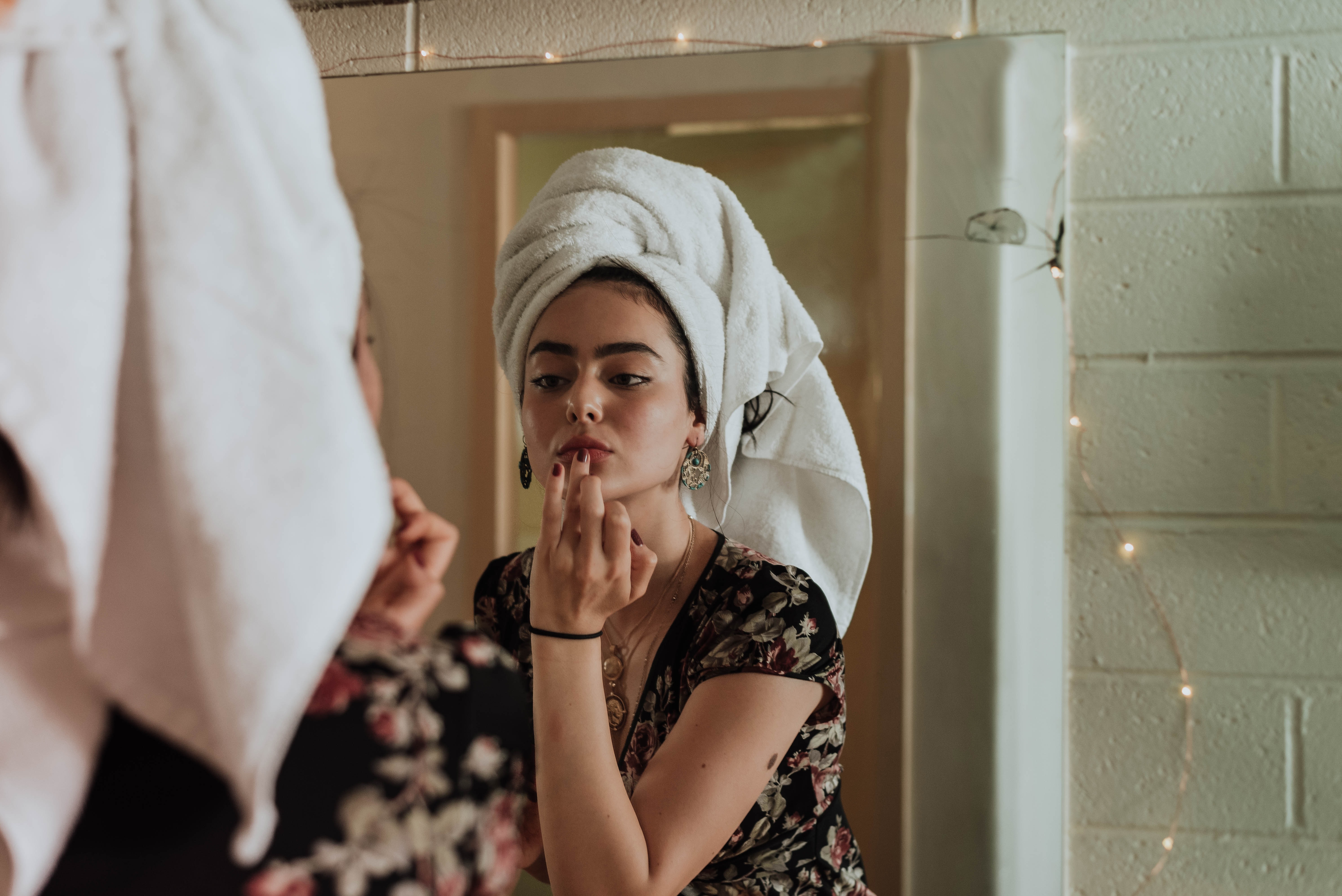“Stress wreaks havoc on all aspects of your body, and it’s our bodies’ way of showing us we need to make changes,” shares Dr. Will Kirby, renowned aesthetic dermatologist. Our bodies are constantly communicating with us, he explains, and yet we often fail to act when signals arise. Currently serving as the Chief Medical Officer of LaserAway, the nation’s leading aesthetic dermatology group, Dr. Kirby witnesses the effects of stress on skin health every day. Stress can cause bumps, breakouts, inflammation, and premature skin aging. “The brain-skin connection is a real thing”, he reveals, and recently I had the privilege of speaking with Dr. Kirby about this relationship and the secrets to de-stressing ourselves.
How does stress affect our skin?
It’s actually pretty simple. Stress causes the release of cortisol, which makes our skin more sensitive and more reactive. It can also cause excess sebum production (oil) and make the stressed individual more likely to develop acne. Simply put, stress ages our skin more rapidly and wrecks our hormonal balance. It can make us exhibit discoloration, wrinkles, and dull skin.
How can we limit stress in ways we might not know about yet?
According to Dr. Kirby, there are three major things to consider when limiting stress.
- Sleep hygiene is an imperative way to mitigate stress, and most of us don’t get nearly enough sleep or enough quality sleep. Dr. Kirby’s sleep secrets are to shun electronic light, avoid excess alcohol, keep the room temperature cool, and utilize a heavy blanket. Heavy blankets or weighted blankets can actually help us to feel less anxious and send a calming response to the central nervous system. Changing your sleep habits can be a huge stress reducer.
- Look at who you surround yourself with. Are these people lifting you up or bringing you down? It’s amazing, but most of us don’t take inventory of who we are with on a day-to-day basis. This is crucial.
- Food is the third thing we need to look at. What we eat affects our bodies, moods, and brains. If we aren’t getting the right nutrients, we aren’t going to feel good. Caffeine and sugar can actually trigger anxiety responses in some people, and yet most of us rely on these. This is important to keep in mind.
What treatments can help stress responses we see in our skin and bodies?
The first step is prevention – always. However – when our skin shows these stress signals, we can use laser-based skin revitalization treatments to correct the symptoms of stressed-induced skin issues. Dr. Kirby recommends using calming skincare products that contain natural ingredients in conjunction with aesthetic dermatology treatments to treat the stressed-out skin.


